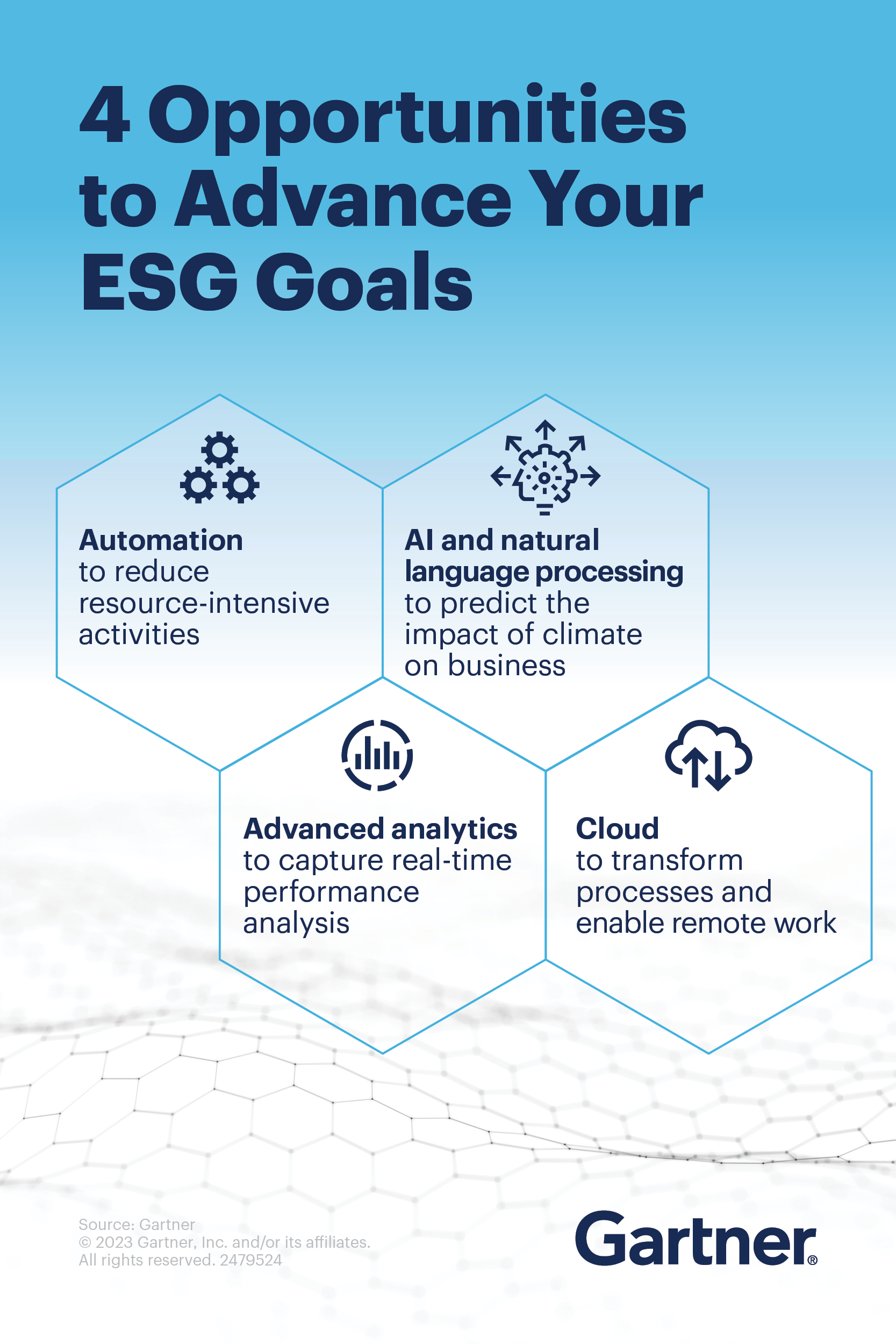Introduction
ESG audits focus on environmental, social, and governance criteria, while traditional audits might focus on financial performance, operational efficiency, or specific regulations. They have a broader scope, considering impacts on all stakeholders, not just financial health.
Streamlining ESG Audits: A Success Story with Advanced Data and Workflow Management
A large investment management firm recently underwent an Environmental, Social, and Governance (ESG) audit, facilitated by a sophisticated data and workflow management tool designed to streamline ESG auditing procedures. The primary goal of the ESG audit was to evaluate the firm's compliance with ESG standards, pinpoint areas for improvement, and offer recommendations to boost their sustainability practices within investment management. The audit also ensured that reporting standards and presentation of the information met requirements under Generally Accepted Accounting Principles (GAAP) and included regulatory components such as accurate fund classification.
Implementation of the Data and Workflow Management Tool
To ensure a thorough and efficient audit, the audit team evaluated tools that offered several key functionalities:
- Data Collection and Integration: The tool enabled seamless integration of the firm's diverse data sources, including investment portfolios, stakeholder reports, and governance documents.
- Workflow Management: It helped create a structured audit workflow, ensuring all audit steps were meticulously followed and documented.
- Real-Time Monitoring and Reporting: The tool provided real-time monitoring of audit progress through a status dashboard and generated comprehensive reports, allowing both the audit team and the client to track key performance indicators and address issues promptly.
- Adherence to Timelines: The tool enabled the team to identify bottlenecks and ensure escalation when hurdles were reached, ensuring reporting timelines were met. The real-time tracking ensured that the root cause for any delay was easily identifiable, and relevant teams could be notified promptly.

“An effective ESG framework correlates to a higher equity return, which is ultimately favorable to both companies and potential investors.” - McKinsey & Company
Audit Process and Findings
Environmental Impact Assessment
Data Collection: The audit team used the tool to gather data on the environmental impact of the firm's investment portfolios, focusing on carbon footprint and sustainable investment practices.
Analysis: The tool's analytics revealed that the firm had significantly increased its investments in renewable energy and environmentally responsible companies.
Outcome: The audit confirmed that the firm's investment practices were in line with industry standards for environmental sustainability and identified opportunities to further enhance green investments.
Social Responsibility Evaluation
Data Collection: The tool aggregated data on the firm's social impact, including employee welfare programs, community engagement initiatives, and socially responsible investment criteria.
Analysis: It became clear that the firm had a strong track record of supporting social enterprises and fostering employee development.
Outcome: The audit team noted that the firm had a strong commitment to social responsibility and recommended expanding investments in companies with robust social impact metrics.
Governance Practices Review
Data Collection: The tool gathered information on the firm's board structure, compliance policies, and ethical investment guidelines.
Analysis: The audit showed that the firm had robust governance practices, with a well-structured board and comprehensive compliance policies.
Outcome: Minor areas for improvement in transparency and reporting practices were identified and promptly addressed by the firm.
Conclusion
The ESG audit was a success, effectively identifying the firm's strengths and areas for improvement in their ESG practices. The use of the tool was imperative to making the audit process transparent and efficient, providing detailed insights and actionable recommendations. The success of the audit highlights the effectiveness of using advanced data and workflow management tools. The process validated the firm's commitment to sustainability and provided a clear roadmap for continued improvement in their ESG practices within the investment management sector. It enabled the auditing firm to ensure data-driven insights including analysis of large data sets providing value-added recommendations.
This success story underscores the critical role that advanced data and workflow management tools play in ESG audits. For companies looking to enhance their auditing processes and achieve similar successes, CollabAuditAI stands out as the premier solution. With its comprehensive features for AI NLP for document summarization and Q&A, audit process automation, real-time status tracking with dashboard, and robust workflow management, CollabAuditAI ensures a seamless and efficient audit process. By leveraging CollabAuditAI, firms can drive transparency, accuracy, and sustainability, solidifying their commitment to excellence in ESG practices.

